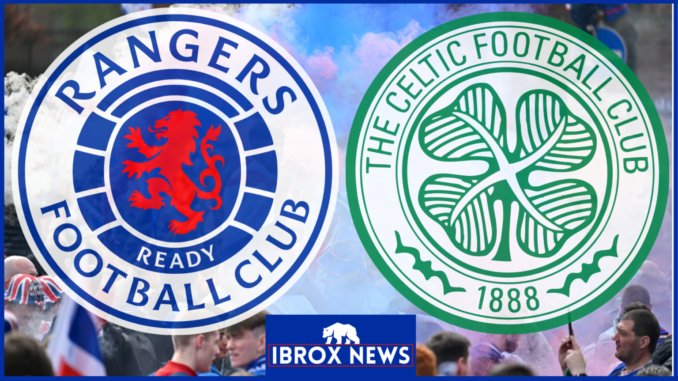Stefan Bienkowski asserts that Rangers are in a tough spot as they try to compete with Celtic, given their significantly smaller budget. According to the Transfermarkt journalist, the Gers have invested less than half of what their rivals have in transfer fees and earned less than a third of Celtic’s total sales over the past five years.
Celtic has reported £153.3 million in player transactions in that time, while Rangers have only generated £54.5 million.
Bienkowski noted, “Rangers are in a very challenging position: attempting to catch a historic rival that supporters demand they challenge for every trophy each season, despite having a much smaller budget.” He added, “The club has spent less than half of Celtic’s total on players in the past five seasons and has generated less than a third of Celtic’s total in sales.”
Rangers have invested heavily in older players with little resale potential, aiming for immediate contributions. Nevertheless, Bienkowski recognized some promising young talent, saying, “In particular, Mohamed Diomande appears to be an exceptional prospect.” He argued, however, that the club’s focus on short-term results hampers its long-term goals.
The financial imbalance poses a significant obstacle for Rangers, highlighting structural issues that could deepen the divide with Celtic. Their strategy of acquiring older players for short-term success lacks a sustainable plan for player development and future sales, a method that Celtic has mastered.
This not only affects Rangers’ competitiveness but also their financial health, as lower sales revenues limit reinvestment in the squad. Without a solid plan emphasizing youth development and strategic future-oriented signings, the gap with Celtic is likely to widen.
On paper, Celtic’s squad appears much stronger, and the league standings reflect this disparity. The recent Old Firm derby further emphasized the difference, and it’s crucial for Rangers to address this situation.
